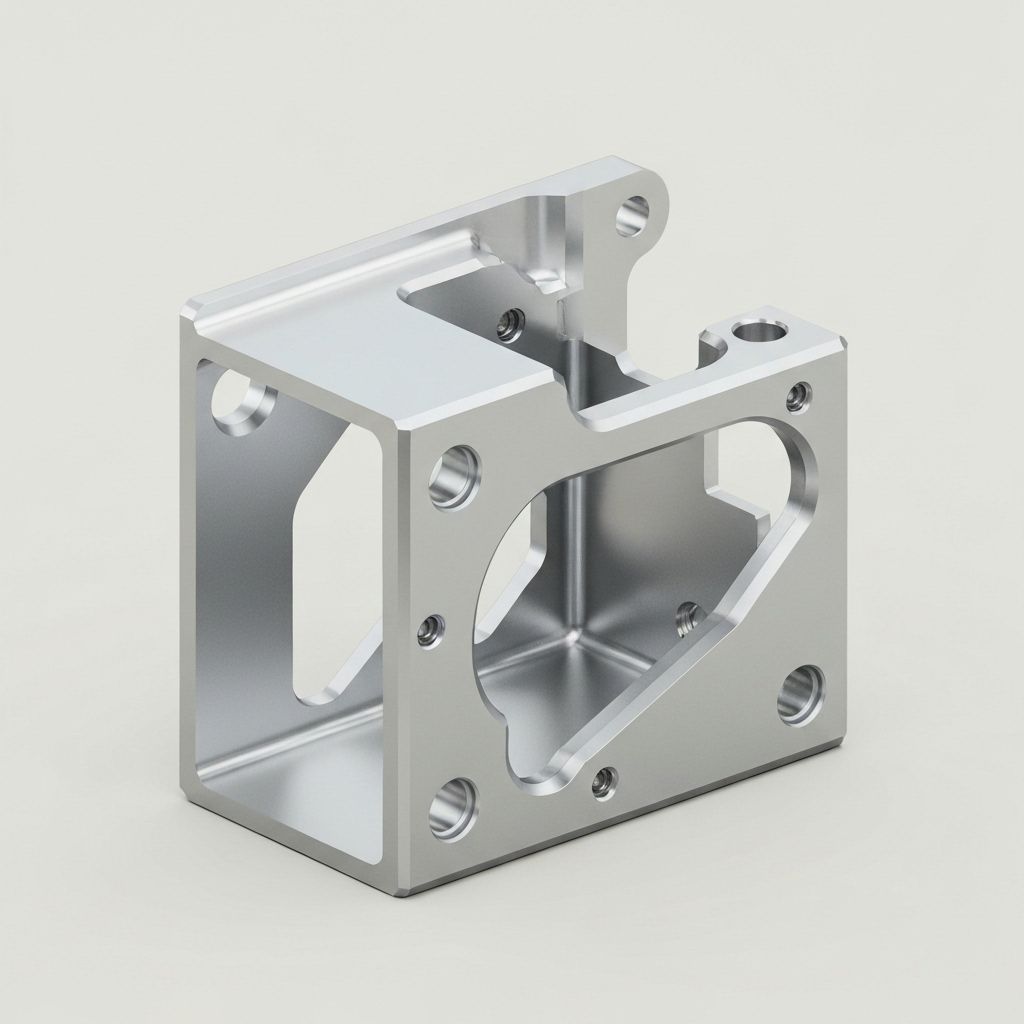3D Modeling Sheet Metal and Precision Machined Parts: Advanced CAD Techniques

Introduction to Advanced 3D Modeling for Manufacturing
Creating accurate 3D models for sheet metal fabrication and precision machining requires deep understanding of manufacturing processes, material properties, and design constraints. As a freelance CAD designer specializing in mechanical engineering and manufacturing support, I've developed comprehensive techniques for producing manufacturable designs that meet industry standards and client specifications.
Professional CAD services for sheet metal and precision machining involve complex considerations including material selection, tooling requirements, manufacturing tolerances, and cost optimization. This expertise ensures your designs translate seamlessly from concept to production while minimizing manufacturing challenges and maximizing cost-effectiveness.
Sheet Metal Design Fundamentals and Best Practices
Sheet metal fabrication involves unique considerations including bend allowances, material thickness variations, grain direction effects, and tooling constraints. Proper 3D modeling must account for these factors from the initial design phase to ensure accurate flat pattern development and successful manufacturing outcomes.
Advanced sheet metal CAD techniques include bend table customization, forming tool libraries, and k-factor optimization for different materials including aluminum, steel, stainless steel, and specialty alloys. Understanding punch and die limitations, minimum bend radii, and relief requirements prevents costly manufacturing issues and ensures consistent results across different fabrication facilities.
Professional sheet metal design services also encompass weldment design, assembly considerations, and surface finish specifications. Proper documentation including welding symbols, material callouts, and inspection requirements ensures fabricators can produce parts that meet exact specifications while maintaining structural integrity and aesthetic requirements.
Precision Machining Considerations and CNC Programming Support
Precision machined parts require careful attention to tolerances, surface finishes, and machining accessibility. Understanding CNC capabilities, tool paths, fixture requirements, and workholding solutions is crucial for creating models that translate effectively to the shop floor while maintaining dimensional accuracy and surface quality.
Advanced machining considerations include tool accessibility analysis, chip evacuation planning, and thermal expansion compensation. Professional CAD modeling for precision parts incorporates these factors during the design phase, preventing costly redesigns and ensuring parts can be manufactured efficiently using standard tooling and fixtures.
Freelance CAD design services for precision machining also include tolerance stack-up analysis, geometric dimensioning and tolerancing (GD&T) application, and manufacturing process optimization. This comprehensive approach ensures parts function as intended while remaining cost-effective to produce in both prototype and production quantities.
Material Properties and Selection for Optimal Performance
Different materials behave uniquely during forming and machining operations. Aluminum alloys offer excellent machinability and corrosion resistance but require specific tooling and cutting parameters. Steel provides strength and durability but presents challenges in both forming and machining that must be addressed through proper design techniques.
Stainless steel combines corrosion resistance with strength but requires specialized knowledge of work hardening characteristics and tool selection. Exotic alloys including titanium, Inconel, and specialty steels demand advanced understanding of material properties, thermal management, and specialized tooling requirements.
Professional material selection services consider not only mechanical properties but also availability, cost, lead times, and secondary operations requirements. This holistic approach ensures optimal material choices that balance performance requirements with manufacturing practicality and project budgets.
Advanced CAD Techniques and Software Optimization
Modern CAD software offers sophisticated tools for sheet metal design including parametric bend tables, forming tool libraries, and simulation capabilities. Leveraging these features through expert configuration and customization ensures designs are both manufacturable and cost-effective while maintaining design intent throughout the production process.
Advanced modeling techniques include multi-body part design, assembly-level sheet metal operations, and integrated weldment design. These approaches enable complex product development while maintaining associativity between components and ensuring design changes propagate correctly throughout the entire assembly.
Professional CAD services also encompass simulation integration including finite element analysis (FEA), computational fluid dynamics (CFD), and manufacturing process simulation. This comprehensive approach validates designs before production, identifying potential issues and optimizing performance while reducing development time and costs.
Quality Control and Validation Processes
Implementing proper validation techniques including design rule checks, interference analysis, and manufacturability assessments helps identify potential issues before production begins, saving time and reducing costs. Professional quality control processes ensure designs meet all requirements while remaining manufacturable using available resources and capabilities.
Advanced validation techniques include tolerance analysis, assembly simulation, and manufacturing process validation. These comprehensive checks ensure parts will function as intended while remaining within manufacturing capabilities and quality standards required for successful production.
Freelance CAD design services include comprehensive documentation packages with detailed drawings, material specifications, manufacturing instructions, and quality control requirements. This complete approach ensures successful project outcomes while providing clients with all necessary information for production planning and execution.